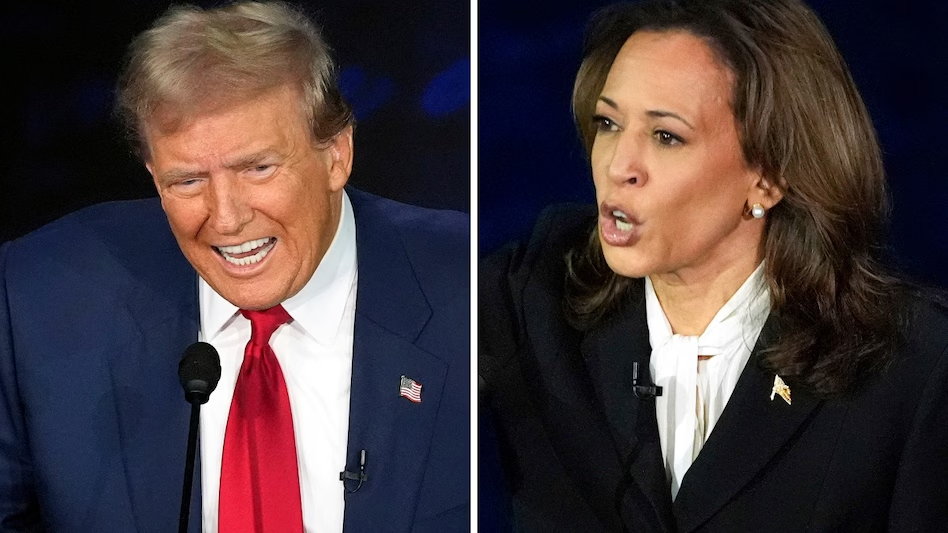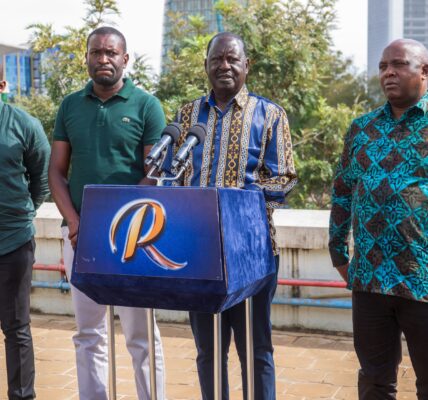Rising Political Violence in the U.S.: How Polarization and Poor Leadership Are Fueling a Crisis
The recent assassination attempts against prominent U.S. political figures signal a severe escalation in political violence, reflecting deep-seated issues in American governance and societal divisions. These violent incidents are symptomatic of broader systemic problems rooted in political polarization and ineffective leadership.
Understanding the Crisis
Political violence does not occur in a vacuum; it is a byproduct of a polarized society where leaders fail to bridge divides. In the U.S., the combination of extreme political polarization, lax gun laws, and controversial leadership has created a dangerous environment. President Joe Biden, despite his promise to heal America, has faced mounting criticism for exacerbating these divisions rather than addressing them.
Polarization Trends
Historical data highlights the growing divide between political parties. In 1994, only 21% of Republicans held a very unfavorable view of Democrats, and 17% of Democrats felt similarly about Republicans. By 2022, these figures had soared to 62% and 54%, respectively. This dramatic increase in polarization over nearly three decades is alarming and reflects a significant shift in political attitudes.
The Role of Social Media
Social media amplifies political tensions. High-profile figures like Elon Musk have contributed to this climate with provocative posts. Musk’s recent tweet questioning why Kamala Harris hasn’t faced the same level of violence as Donald Trump, though later deleted, exemplifies how social media can fuel extremist views and actions.
Leadership Failures
Current U.S. leaders, including Donald Trump and Kamala Harris, have been criticized for their roles in deepening divisions. Trump, a convicted felon, and Harris, criticized for policy inconsistencies, are seen as polarizing figures. Their rhetoric often portrays political opponents as existential threats rather than rivals, exacerbating the climate of animosity.
Path to Healing
To address the rising political violence, American leaders must prioritize unity and demonstrate a commitment to bridging divides. While measures like gun control are essential, deeper changes in leadership and political discourse are crucial. Leaders must show that disagreement does not equate to hatred and work towards fostering a more cohesive society.






